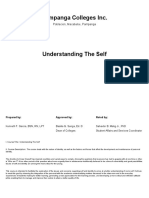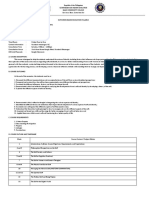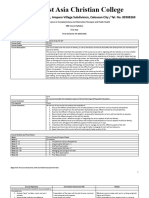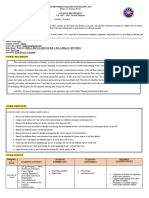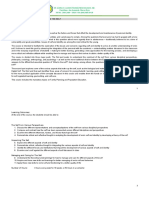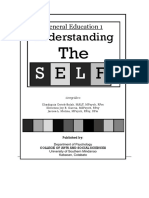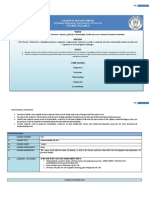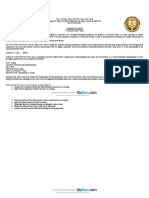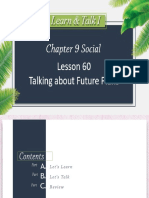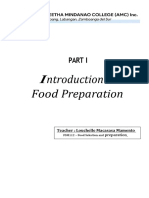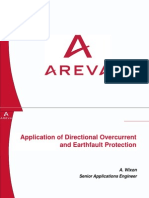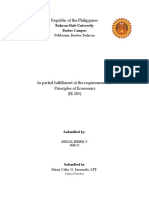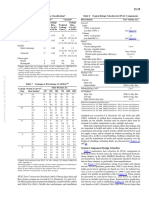0% found this document useful (0 votes)
107 views7 pagesUnderstanding the Self Course Outline
1. This course outline describes a 3-credit course on understanding the self taught over 15 weeks. The course will explore representations of the self from different disciplines and aspects that comprise the self.
2. Students will learn about the self from philosophical, sociological, psychological, and cultural perspectives. They will also examine the physical, sexual, material, digital, and spiritual aspects of the self.
3. The course aims to help students develop skills like critical reflection to better understand their own self-identity. It also provides tools for managing the self through self-care, goal setting, and stress management.
Uploaded by
Louchelle MacasasaCopyright
© © All Rights Reserved
We take content rights seriously. If you suspect this is your content, claim it here.
Available Formats
Download as DOCX, PDF, TXT or read online on Scribd
0% found this document useful (0 votes)
107 views7 pagesUnderstanding the Self Course Outline
1. This course outline describes a 3-credit course on understanding the self taught over 15 weeks. The course will explore representations of the self from different disciplines and aspects that comprise the self.
2. Students will learn about the self from philosophical, sociological, psychological, and cultural perspectives. They will also examine the physical, sexual, material, digital, and spiritual aspects of the self.
3. The course aims to help students develop skills like critical reflection to better understand their own self-identity. It also provides tools for managing the self through self-care, goal setting, and stress management.
Uploaded by
Louchelle MacasasaCopyright
© © All Rights Reserved
We take content rights seriously. If you suspect this is your content, claim it here.
Available Formats
Download as DOCX, PDF, TXT or read online on Scribd
/ 7





